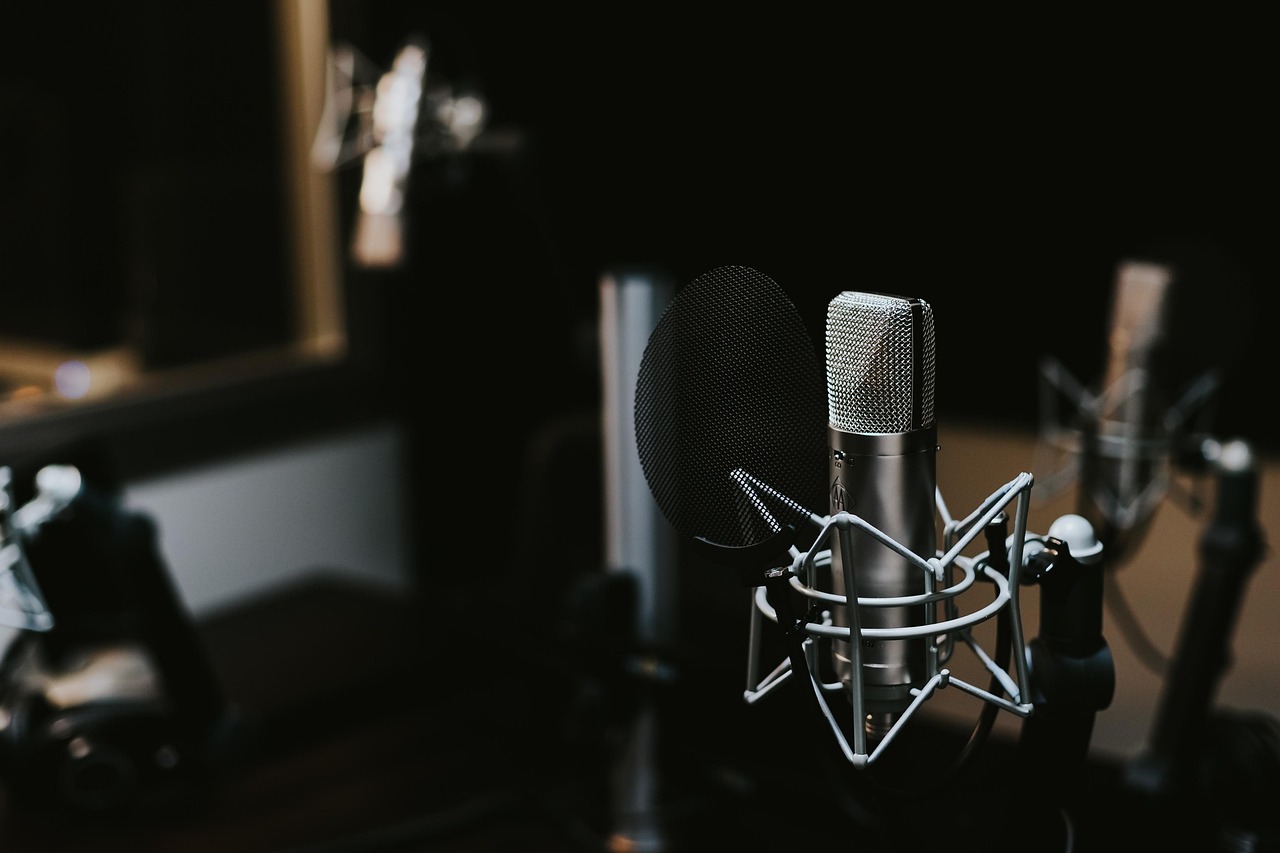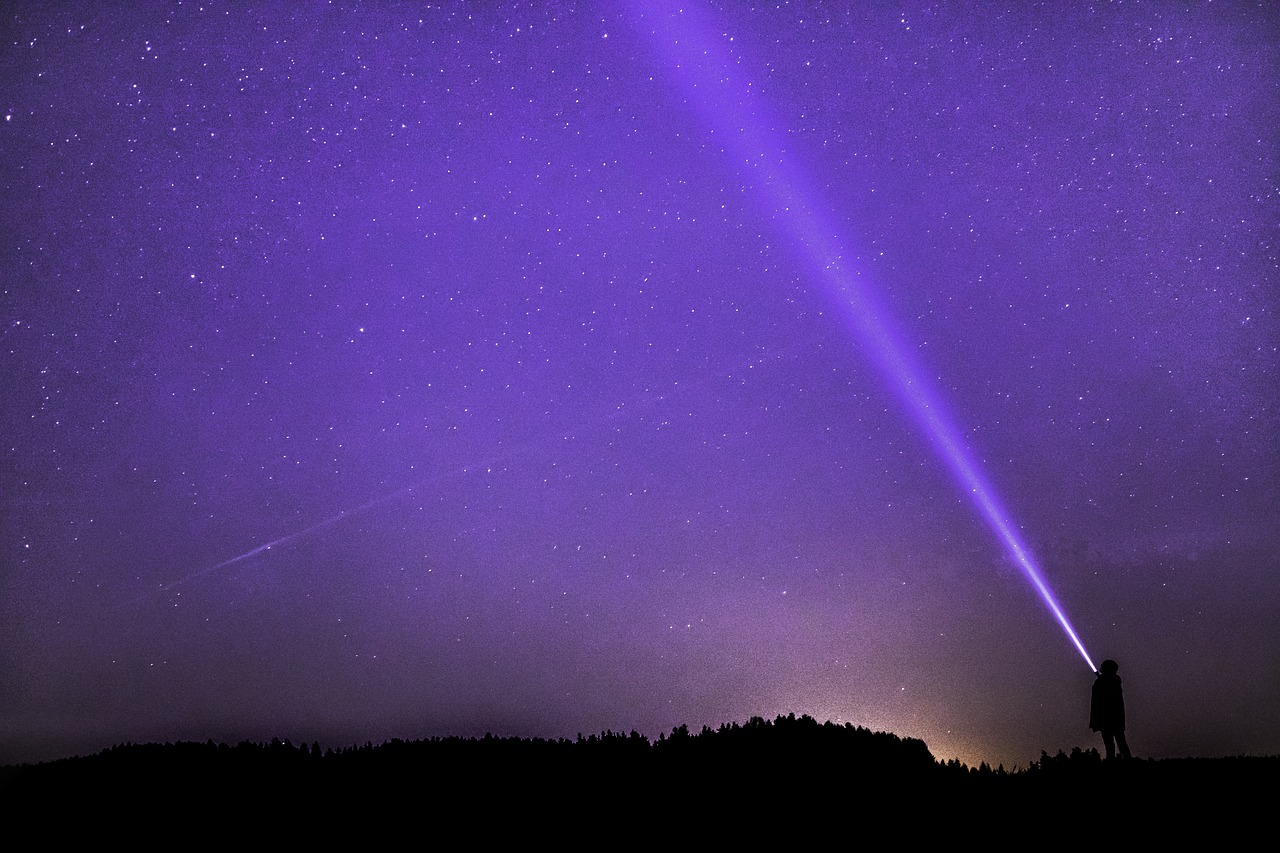Why your voice sounds different on recording

Have you ever cringed at the sound of your own voice in a WhatsApp voice note or a Google Meet call recording? If so, you are not alone. Almost every time, I think, “Wait… do I really sound like that?” In my head, my voice is smoother and somehow more… me. But when I hear a recording of my own voice, it feels foreign. Almost irritating, like I am listening to a stranger.
Why is there such a difference? I have always wanted to know. So, I decided to dig into the science behind this odd everyday experience. What I found out surprised me.
THE SCIENCE OF SOUND: HOW WE HEAR
To understand this mystery, it is important that we first look at how hearing works. Sound travels in the form of mechanical waves, which means the vibrations require a medium to travel. When someone else speaks, those sound waves move through the air (medium) into your ear canal. They bounce off your eardrums, pass through ear bones, and end up inside the inner ear. There, they are converted into electrical signals that your brain understands as sound. That is called air conduction and this is a phenomenon through which we hear other people’s voices. But hearing your own voice is different. When you talk, something unique happens.
BONE CONDUCTION VS AIR CONDUCTION
You hear your voice two ways at once. One is through the air. The other happens inside your own head. Vibrations from your vocal cords do not just travel through the air, they also travel through your bones including your skull, jaw, and facial bones. This is called bone conduction. Bone conduction transmits lower-frequency sounds more effectively compared to air conduction. It adds a layer of depth and bass to your voice so that it sounds warmer than it really is. It is no wonder that you get used to this “edited version” and start believing that it is your true voice. It feels natural. It feels like you.
So, your brain mixes two sounds:
- The external one produced via air conduction
- The internal one produced via bone conduction
When you hear a recording of yourself, only the air conduction part is captured and played back. Bone conduction is no longer in the picture. No bone vibrations. No extra bass. Suddenly, your voice sounds squeakier than you expected.
THE SHOCK FACTOR: WHY WE DISLIKE OUR RECORDED VOICE
There is also a psychological side to all this. When you hear your recorded voice, it completely clashes with the version you are used to hearing in your head. That sudden mismatch sparks a kind of mental discomfort known as “cognitive dissonance”.
Secondly, your voice is part of who you are. You connect it to your personality and your identity. So, hearing a version of your voice that sounds unfamiliar can feel unsettling. It is almost like looking in a mirror that distorts your face. Even if no one else notices the difference, you do.
Another reason? You have grown used to hearing yourself while speaking. You are in control of your tone and pitch. A recording is different. Here, you become the audience instead of the speaker. There is no chance to adjust or edit the sound as it comes out. This shift may come out as strange.
ARE RECORDINGS ALWAYS ACCURATE?
Not exactly. A decent microphone records your voice quite accurately, for the air-conducted part. But microphones vary. Cheap microphones in phones or laptops can distort sound. They might pick up static or lose the deeper tones in your voice. Professional studio microphones are much better. They capture detail and warmth. Still, they only record the version of your voice traveling through the air. The bone conduction part stays private. So, while recordings do not lie, they do not tell the whole story either. They are simply incomplete.
How Others Hear You
Here is the interesting part. The voice you hear on a recording, the one you might hate, is actually how everyone else hears you every day. That “weird” sound is your real voice to the world. Good news? For most people around you, it is completely normal. They are used to your pitch and rhythm. In many cases, people actually like your voice more than you do, despite your own discomfort with it. Your voice may be perceived as soothing or even powerful by those around you.
GETTING USED TO YOUR RECORDED VOICE
Some people work with their voice every day. Singers, actors, podcasters, YouTubers; they all hear recordings of themselves all the time. At first, they hate it too. But after enough practice, they stop cringing. Familiarity makes the shock fade. You start to recognize the recorded voice as “you,” even if it is not the voice you hear inside your head. It becomes less alien and more neutral, even likable over time.
Want to get used to your recorded voice?
- Record yourself speaking for one minute every day.
- Play it back without overanalyzing.
- Focus on clarity, not just pitch.
- Ask a friend how your voice sounds to them. You might be surprised by the positive feedback.
People who sing, act, have radio experience or host shows often learn to love or at least accept their recorded voice. They know how to project, breathe properly and control tone because they have spent time analyzing their own voice. They have trained themselves to sound good on air. Also, they have heard themselves so many times that the shock has worn off. For them, their recorded voice feels as normal as their speaking voice!
IT’S STILL YOU
The voice you hear through the mix of two phenomena and the one you hear in a recording are two sides of the same coin. A recorded voice may sound different from what you are used to, but it carries your personality. To others, that voice feels uniquely yours. Understand this: your voice is part of your identity. It tells your story. Whether you hear it through your bones or through a pair of headphones, it is worth embracing.
REFERENCES:
- CCENT Sinus Center. (n.d.). Why does my voice sound different? CCENT Sinus Center. Link
- That Sweet Roar. (n.d.). Why does my voice sound bad on a recording? That Sweet Roar. Link
- Top Singing Secrets. (n.d.). Why your voice sounds different on a recording, video, or audio. Top Singing Secrets. Link
- Sample, I. (2018, July 12). The real reason the sound of your own voice makes you cringe. The Guardian. Link
- Scientific American. (n.d.). Why does my voice sound different? Scientific American. Link
- Wilkins, A. (2013, September 13). Why we hate hearing our own voice. BBC Future. Link
- Mirage News. (2023, June 27). Science behind why your recorded voice sounds different. Mirage News. Link
Similar Post You May Like
-

CFCs, HFCs and their long, troubled history
At its peak, the ozone hole covered an area 7 times larger than the size of Europe, around 29.9 million km2, and was rapidly expanding
-

The Origin of Universe: Deciding point where it all began!
Let us unravel and surf through the ideas throughout ages to understand what the universe and its origin itself was to its inhabitants across history.
-

The Artemis Program
Inspired by the Greek goddess of the Moon, twin sister to Apollo, the artimis program was named on 14 May 2019 by Jim Bridenstine.






